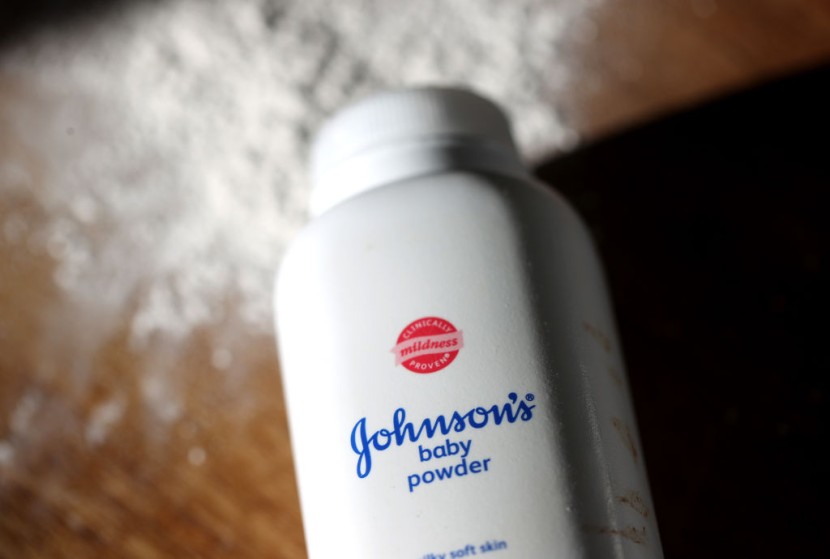Johnson & Johnson (J&J) agreed to pay $8.9 billion to tens of thousands of people who claimed that their talcum powder products caused cancer in a legal fight that lasted more than ten years, according to The Straits Times.

A Significant Victory?
The settlement is being called by the plaintiffs' lawyers a significant victory and will be paid out over 25 years via a subsidiary.
The firm stated that the proposed settlement does not imply any guilt. If a bankruptcy court approves, this settlement will address all existing and potential claims related to J&J products containing talc.
Apart from the agreement, the court must also approve a new bankruptcy application submitted by a subsidiary of J&J, LTL Management. J&J established LTL as a strategy to protect itself from talc lawsuits. However, a previous bankruptcy submission from the subsidiary faced opposition from the plaintiffs and was rejected by a US appeals court this year.
LTL initially filed for bankruptcy and allocated $2 billion to compensate plaintiffs who alleged that the talc in J&J's baby powder was tainted with asbestos, leading to ovarian cancer and mesothelioma. In their latest submission, J&J announced they would allocate an extra $6.9 billion to handle the settlements.
Also read: J&J HIV Vaccine Discontinued After Advanced Trials Showed Ineffectiveness
The Long Controversy
The Johnson & Johnson talcum powder controversy is a long-standing debate over whether the company's baby powder contains asbestos, a known carcinogen. The controversy began in the 1970s when researchers found traces of asbestos in talcum powder products. Despite this evidence, Johnson & Johnson continued to market its baby powder as safe.
In 2018, a Reuters investigation revealed that Johnson & Johnson knew for decades that its talcum powder contained asbestos but failed to disclose it to the public. The investigation found that Johnson & Johnson had known about the presence of asbestos in its talcum powder since the 1970s but had failed to inform the public or regulators.
The revelation sparked a wave of lawsuits against the company, with thousands of women claiming they developed ovarian cancer after using Johnson & Johnson's baby powder. In 2018, the company was ordered to pay $4.7 billion in damages to 22 women who had developed ovarian cancer due to using the product.
Johnson & Johnson has maintained that its talcum powder is safe and does not contain asbestos. The company has also criticized the methods used in the Reuters investigation, claiming that they were flawed and that the results were unreliable.
Despite the ongoing controversy, Johnson & Johnson continues selling baby powder in the United States. However, the company has faced mounting pressure from consumers and advocacy groups to remove the product from the market. In response, Johnson & Johnson has announced that it will discontinue the sale of talc-based baby powder in North America, citing declining sales and public perception concerns.
The Johnson & Johnson, talcum powder controversy, highlights the importance of transparency and accountability in the manufacturing and marketing consumer products. As consumers, we must hold companies accountable for their actions and demand that they prioritize the safety and well-being of their customers above profits.
Related article: Johnson's Talc-Based Baby Powder Phased Out: Lawsuits Claim It Contains Cancerous Asbestos
© 2026 HNGN, All rights reserved. Do not reproduce without permission.








